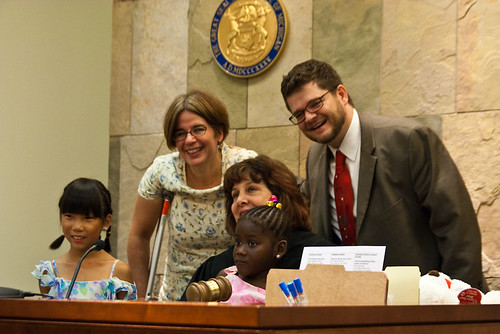Family lawyers rejoiced recently as a landmark decision from the Supreme Court gave justification to piece the corporate veil in relation to financial settlements on divorce.
The case arised after a divorce case between oil trader and his wife took place after a 20-year marriage ended. The assets of the marriage totaled a huge £37.5 million and the wife was rewarded almost half at £17.5 million at the High Court in 2011. The husband in the case, a successful business owner, was ordered to transfer a number of properties from his business over to his ex-wife as part of the divorce settlement. However the properties belonged to his companies and were not his outright therefore refused to transfer them and appealed against the Order.
The appeal focused on whether the Court had the power to transfer 7 of the properties over to the wife with the argument that they belonged to his companies and did not in fact belong to him. The High Court Judge overturned on the basis of the Court appeal after agreeing that the properties did belong to the companies and not to the husband, even though the husband owned almost 100% of the business of which the properties belonged to.
The Court of Appeal went further to assess whether the treating of assets of companies owned by one party to a marriage should be available for distribution between the parties during a divorce settlement.
One judge said, “why should family justice be regarded as different from any other sort of justice…”
Family Lawyers across the country such as leading Canterbury solicitors Whitehead Monckton and EMD family solicitors in Kent have eagerly anticipated the Supreme Courts decision and in a complete U-turn, it came to light that the 7 properties in question were bought in the companies name but were in fact purchased using the husband’s personal money. Therefore orders could be made against them in Family Court. This Landmark decision will be a huge consolation to future separating spouses who struggle to obtain fair financial agreements during a divorce settlement when the majority of the assets are owned within company structures.
Whitehead Monckton is one of the leading law firms in Kent can offer professional guidance and advice on all divorce and separation matters and provide expert divorce solicitors in Canterbury with a wealth of financial experience behind them. Visit the Whitehead Monckton website to find out more about their expertise or visit them in one of their three locations in Kent: Canterbury, Maidstone and Tenterden.
(Please note that the case discussed is not a Whitehead Monckton or EMD Law case.)



